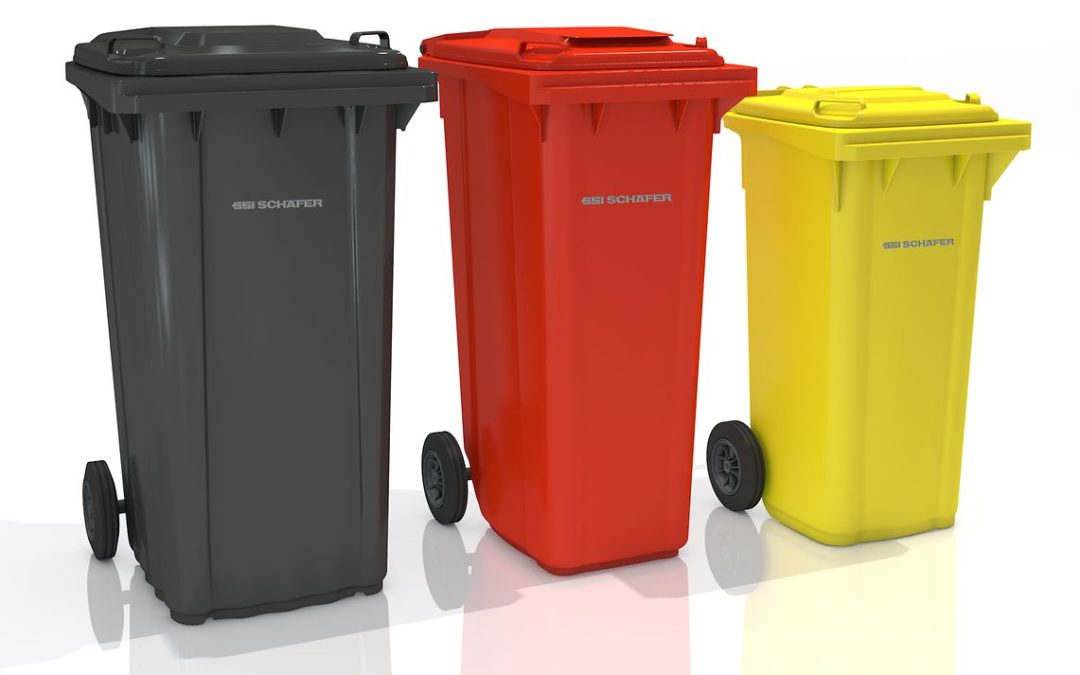While the public is primarily aware of bans on certain plastic disposables (e.g., the end of plastic drinking straws), the Commission’s strategy extends beyond this. Its key objectives include the production of reusable or recyclable plastic products and the establishment of an improved economic framework for plastic recycling. This involves increasing demand for plastic recycling and implementing clear rules for biodegradable plastics.
However, N³ identifies significant gaps in the strategy. For instance, there is still no ban on the disposal of organic waste in landfills. The EU strategy primarily focuses on packaging, with limited ideas on addressing the growing volume of plastic waste from other sectors, such as construction. While the strategy promotes more plastic recycling with ambitious quotas, recycling faces increased challenges due to the growing complexity of plastic products.
The lecture, which took place on 2nd April as part of the Environmental Committee of the Chamber of Industry and Commerce at ‘KAO-Chemie’ in Emmerich, can be found in the download section.
